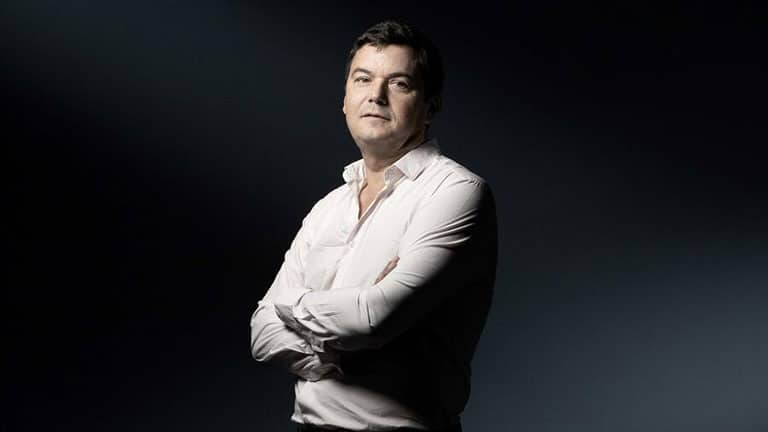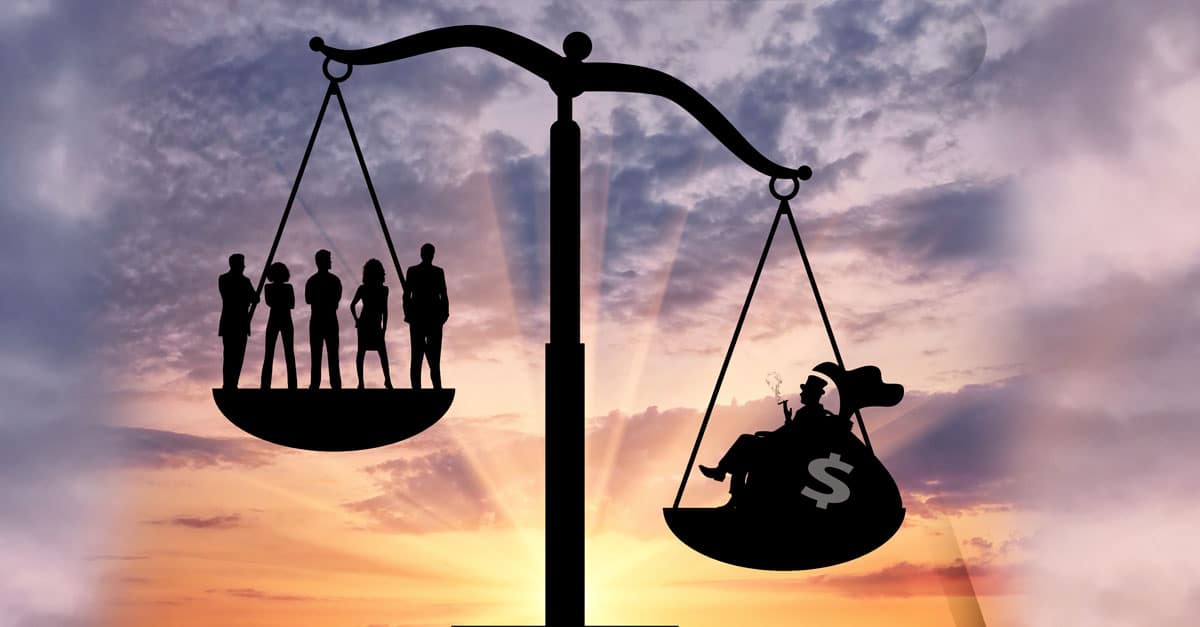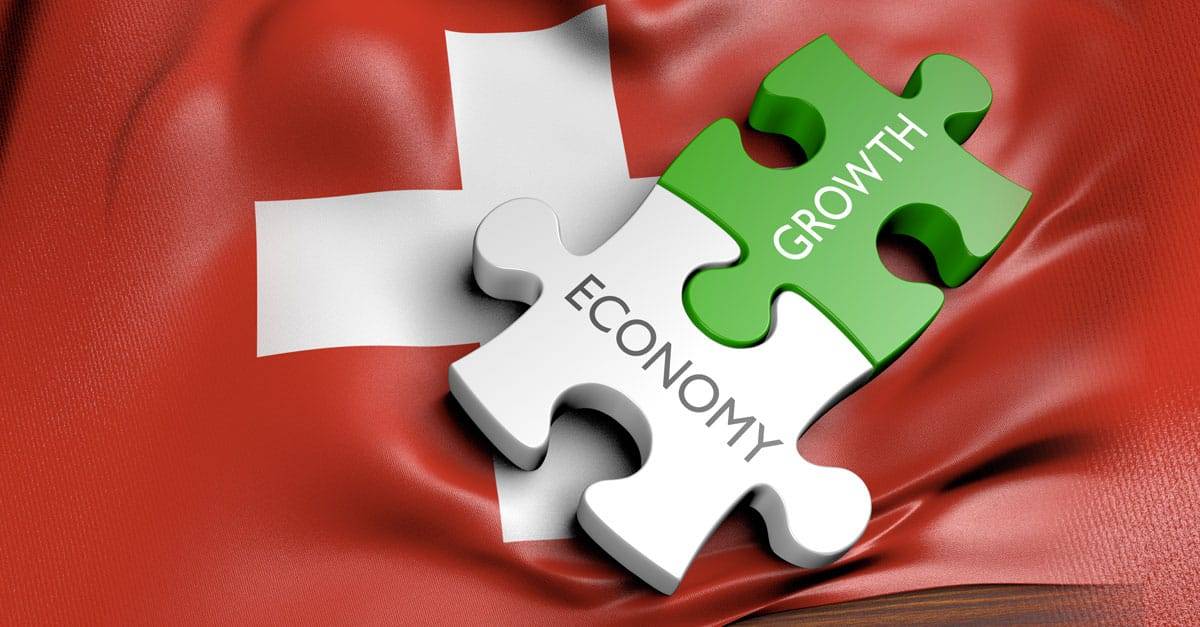Inequality as the Central Concept
The core assumption of Piketty’s book is that, in the absence of outside intervention, the capitalism system continues to grow the gap between rich and poor. Since the commencement of the Western Industrial Revolution, the return on investment and capital has been greater than the return on labour. Piketty contends that the scenario in the mid-twentieth century, when this tendency reversed, was just an exception from the norm. Two world wars and the Great Depression had wiped off fortunes at the time, and social democratic politicians tried to compensate for these losses through redistribution.
Piketty also claims that the current economic imbalance has not been this severe since the years surrounding World War I. He believes this despite the fact that there was no social redistribution or progressive taxes in place at the time. Many American economists, however, reject this idea, pointing out that Piketty presents data in his first book, Capital,” only on the development of gross income before taxes and without accounting for ever-increasing government social transfers, thereby distorting the picture of the current situation.

Critique on Naivety and False Numbers
Critics of Piketty’s book also accuse him of attempting to use statistics to demonstrate the rise of inequality in the Western world, but the book contains inaccuracies and selectively picked, if not invented, data that undercut the book’s major premise. This was, for example, the conclusion of a 2014 Financial Times analysis.
Elevate Your Wealth Game: Empowering UHNWIs for Simplified Asset Management. Altoo Platform Preview
The British newspaper discovered flaws in the tables that serve as the foundation for the book’s reasoning. When the book data were cleansed, it was discovered, for example, that there was no pattern after 1970 for the growth in inequality that Piketty discovered in them.
The Frenchman told the newspaper that he was unaware of any major mistakes and that he “would be very surprised if these improvements somehow affected the basic conclusions about the long-term evolution of the distribution of wealth.”
Another significant critique came with his second book, “Capital and Inequality,” in which he explains how capital’s interest ensures that less is produced and less effectively than would otherwise be feasible. He also continues to advocate for an almost confiscatory tax on extremely high earnings and riches. If something is not done about this injustice, it will bring social discontent and tensions that will weaken democracy. According to Thomas Piketty, only government intervention—some form of wealth taxation—can reverse this trend. He goes on to say that the tax income should be utilised to provide every 25-year-old with a “universal inheritance” of 120,000 euros as a beginning capital.
As an argument against Piketty’s claims, the German business journal “Der Handelsblatt” points out that France, which had a maximum income tax rate of 90% under former President Hollande, has demonstrated that those burdened with it may avoid it by relocating abroad. These flight movements would be accelerated if more money were collected through taxation.

Massive Redistribution vs Economical Limits
In his research and books, Piketty repeatedly draws on several statistics, such as the Oxfam Inequality Report, the annual Global Wealth Reports by Credit Suisse and statistics from other reputable institutions measuring global wealth distribution.
A large number of economists, however, argue that other aspects need to be considered in order to objectively measure the state of inequality globally. Two main objections are that (1) too regulated capitalism could mean too little freedom and (2) states are increasingly intervening in many areas of everyday life, including the economy, and increased taxation is not necessary.
On the contrary, massive redistribution of resources, regulation that limits competition because of the setting of barriers to entry into markets, or bureaucratic and tax burdens on the middle class can all be obstacles to raising wealth globally
Nobel Prize-winning economist Edmund Phelps argues that Piketty’s proposals mainly benefit those on the ‘right side’ of the barricade, receiving state aid in the ‘public interest’ at the expense of everyone else. In particular, it is the wealthiest who have the most influence over politicians, undermining democratic processes. Through them, they have equipped themselves with legislation that suits them but harms society as a whole. Such an economic order, far removed from the true essence of capitalism, is the reason for the slowdown in economic growth, the redistribution of wealth, and the growth of inequalities, which can have devastating macro-economic and sociological effects.













